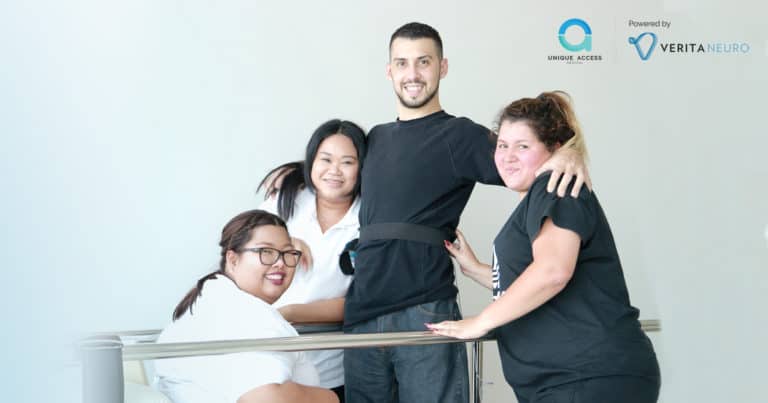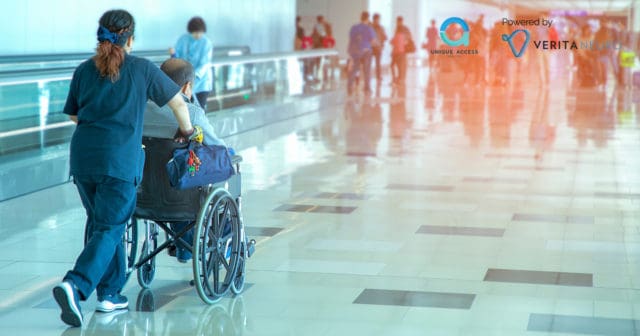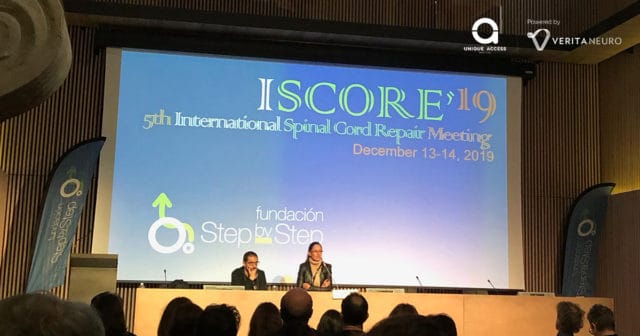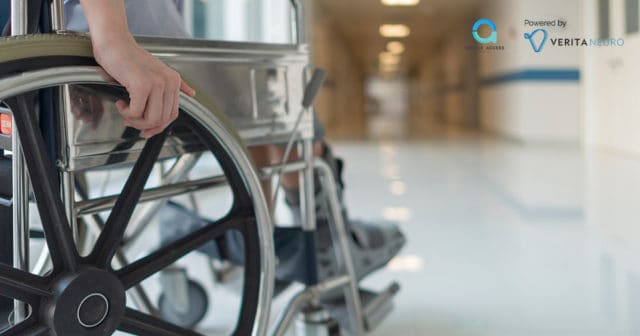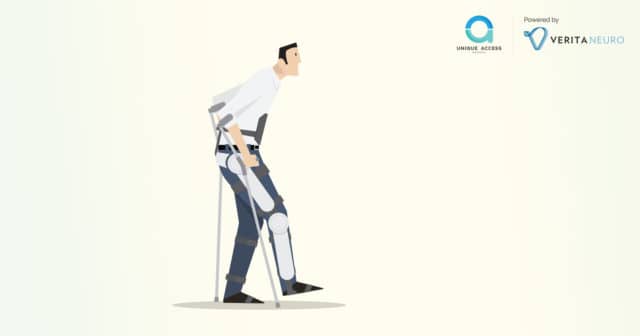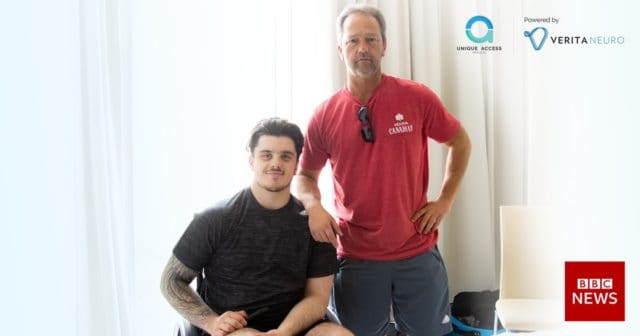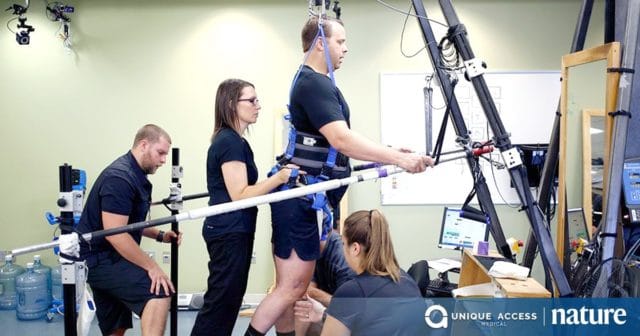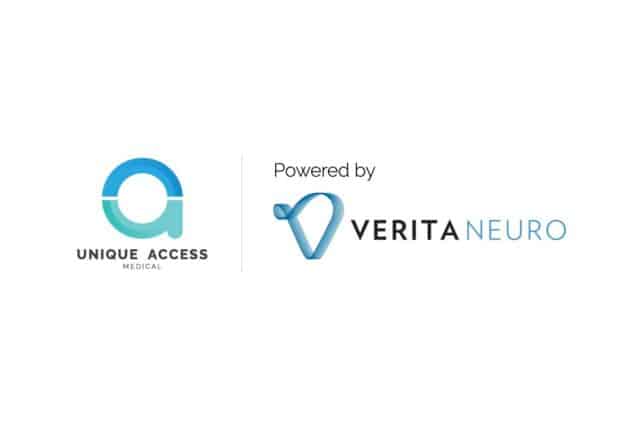Epidural Stimulation is a revolutionary new treatment for managing Spinal Cord Injury (SCI). It has contributed to unprecedented levels of recovery in numerous SCI patients around the world, and the number of success stories is continually growing.
The way it works is simple enough: electrical current is applied to the injured patient’s spine and it allows for voluntary movement of their limbs. It sounds miraculous, but it is proven and it is slowly becoming more mainstream as the research continues to get more sophisticated.
The physical benefits that Epidural Stimulation provides to paraplegics and quadriplegics — voluntary limb movements, more control of their bowel and bladder, improved sexual function — are well documented, and you can read about these patients’ stories on Unique Access Medical’s (UAM) testimonials site.
Since 2016, Epidural Stimulation facilitated by UAM has been helping patients regain hope, which speaks to something much deeper than physical recovery.
Epidural Stimulation repairs more than just the body
The Epidural Stimulation surgery and rehabilitation program also aims to provide psychological and emotional benefits to SCI patients.
Epidural Stimulation is suitable for SCI ranging from C4 to T10, which introduces a broad spectrum of symptoms. And wherever a patient falls on this spectrum, some fairly obvious lifestyle changes must be dealt with.
Those lifestyle changes can take a significant toll on SCI sufferers’ mental well-being. In fact, it is estimated that one in five spine patients in the US suffers from some form of depression, which makes sense.
After a serious spine injury, patients are robbed of their ability to perform day-to-day tasks that we all take for granted. Imagine overnight becoming unable to sit up in bed, stand up, bathe yourself, prepare meals, or even eat them without the aid of another human.
Enduring the physical realities of a traumatic injury is one thing, but being hit by the stark realization that things may never return to normal is what leads many to depression.
What Epidural Stimulation delivers is a chance to return to normal.
Physical recovery is also recovery for the mind
When our patients start making literal strides during their physical recovery, they are simultaneously making strides towards psychological recovery. As you might expect, moving a toe, extending a leg, and standing up straight can fill a wheelchair-bound SCI patient with joy.
Epidural Stimulation patients at our partners’ internationally-accredited healthcare facilities in Thailand experience improved states of mind from the physical improvements they achieve, and from the dedicated, professional, high-quality medical care they receive.
This is because everyone at UAM — from our patient-enrollment specialists to our nurses to our physical therapists — have become acutely aware of the fact that the physical and psychological challenges of SCI are intertwined.
The road to your recovery includes both cutting-edge surgery and doting care, so if you or a loved one is interested in our array of SCI treatments, send us a message. One of our team will get in touch with you to answer any questions you may have.

